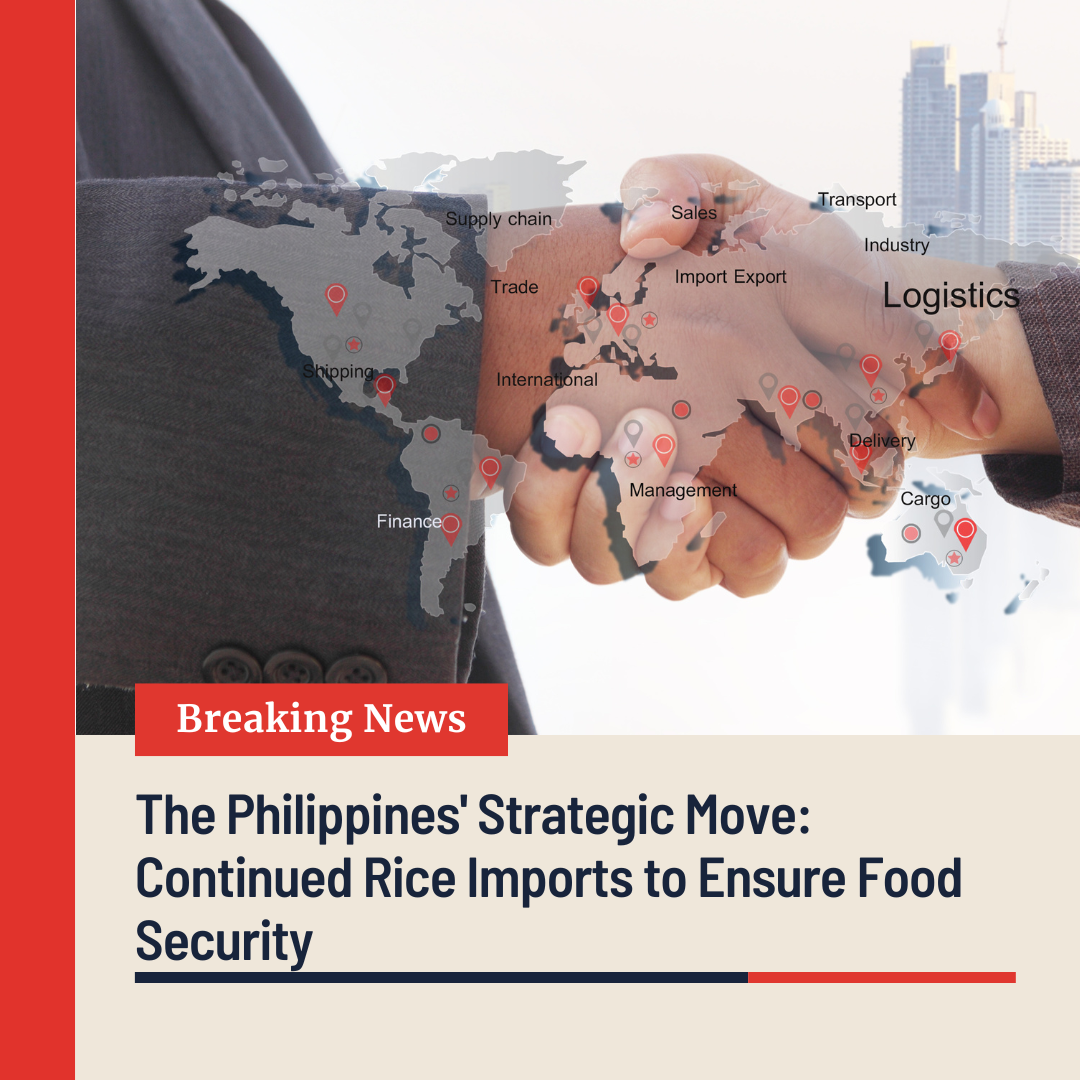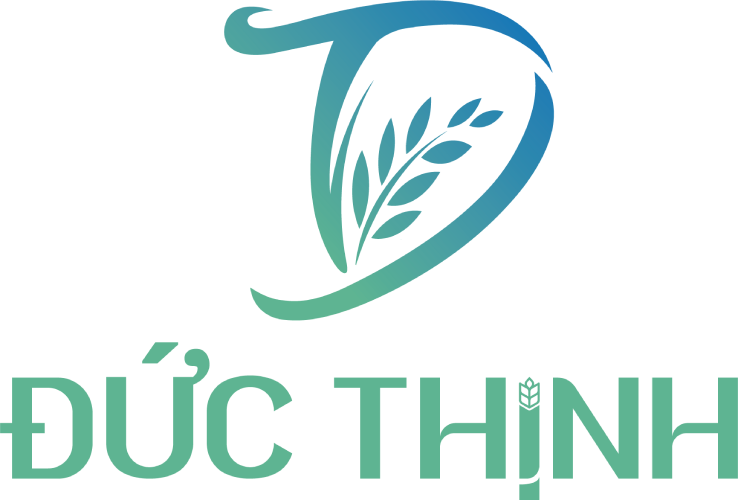Philippines Balances Rice Imports and Domestic Production with PHP 178B Agriculture Budget

Introduction
The Philippines is maintaining its policy of rice imports to ensure food security and stabilize domestic prices amid rising consumption and unpredictable market conditions. In a major step towards agricultural sustainability, the government has allocated PHP 178.273 billion for the Department of Agriculture (DA) in 2025, aiming to boost domestic production and reduce dependence on imports.
1. Rice Imports for Food Security and Price Stability
Continued Importation as a Short-Term Solution
Rice imports remain a vital part of the Philippines’ strategy to address the increasing consumption needs of its growing population and mitigate the effects of supply chain disruptions caused by natural disasters and climate change.
Key Benefits:
- Food Security: Imports act as a buffer against local production shortages, ensuring a consistent supply of rice.
- Price Stability: Supplementing domestic rice with imports prevents dramatic price spikes, shielding low-income households from inflationary pressures.
2. Government Approves PHP 178.273 Billion Budget for Agriculture
A Commitment to Agricultural Development
The PHP 178.273 billion budget for 2025 underscores the government’s dedication to enhancing agricultural productivity and achieving self-sufficiency in rice production.
Primary Objectives:
- Boost Agricultural Production: Investments in modern technologies, irrigation, and sustainable farming practices aim to increase rice yields.
- Reduce Import Reliance: Strengthen the domestic rice supply chain to decrease dependence on imports over time.
- Farmer Support: Financial assistance, training, and resources will empower farmers to enhance productivity and profitability.
3. Implications for the Agricultural Sector
Impact Areas:
- Enhanced Productivity: Advanced farming techniques and high-yield rice varieties are expected to significantly increase production.
- Infrastructure Development: Upgrades to storage facilities, transport networks, and processing plants will improve supply chain efficiency.
- Farmer Empowerment: Subsidies, grants, and training programs will enable farmers to adopt best practices and increase their income.
4. Balancing Imports with Domestic Production
Strategic Dual Approach:
- Short-Term Stability: Continued rice imports stabilize prices and ensure a steady supply during periods of low domestic output.
- Long-Term Self-Sufficiency: Budget allocations focus on creating a competitive and sustainable domestic rice market.
Key Strategies:
- Immediate Relief: Imports to address consumption demands.
- Sustainable Growth: Invest in local production to transition towards long-term self-reliance.
5. Conclusion
The Philippines’ dual approach of maintaining rice imports while approving a substantial budget for the agricultural sector reflects a balanced strategy to address both immediate and future challenges. By prioritizing food security, price stability, and long-term sustainability, the government is laying the foundation for a resilient agricultural sector that can thrive amidst global uncertainties.
